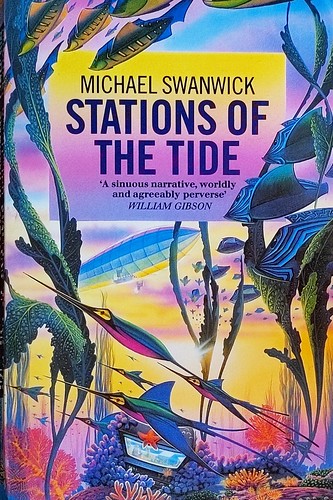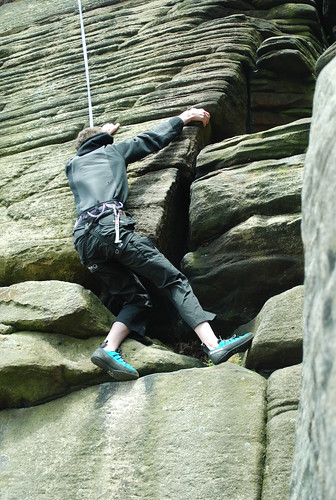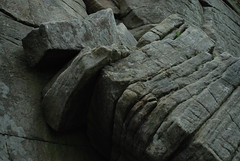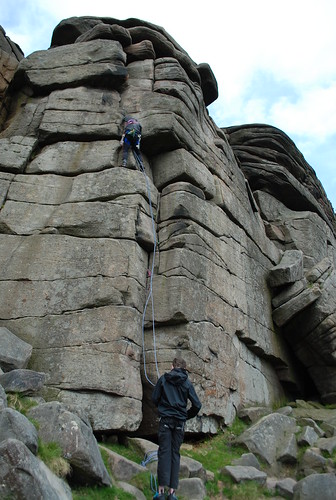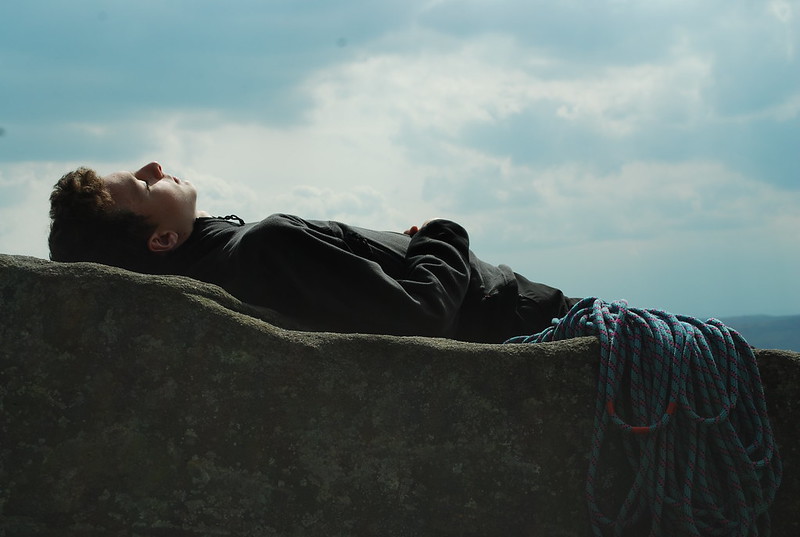General: Miriam and I continue and even flourish at CSR; work remains interesting and engrossing. Miranda left Coton primary - an emotional event - but is now enjoying her first year at the Perse with new friends, but still keeps up with the old. Daniel took his "early maths" GCSE and got the desired A*, and as the year ends is buried in revision for mock GCSEs and work experience forms.
February: Howard "flee you fools" Roscoe dragged me out winter climbing in Coire an t-Sneachda which was lovely. I'll hope, somewhat wistfully, to do more next year.
March: was an extended family stay at English Heritage properties inside Dover Castle. It was a particularly bleak time of year, weatherwise, but perhaps that allowed us to get into the spirit of how it must once have been.
April: I ran the Brighton marathon for the third time, and got my first quasi-respectable time: 3:46:34. Amsterdam in October was even better; overall, it was a good year for my running.
May: more climbing, again featuring the Old Man of the Mountains, and all of us: Stanage, Youth. This year has been a year of Daniel taking up climbing; he is now technically slightly better than me, if you discount leading. Even better he is doing competitions with school, and going off bouldering with friends.
May also saw the welcome return of the bees: my old lot didn't survive the very long cold winter, poor things, but a new lot started sniffing around and to my delight moved in.
June saw some flowering in the sadly neglected garden. But peonies are reliable.
July: as for the last few years, the focus of my life in early summer is rowing, and in particular the town bumps. This year I was effectively men's captain and through a mixture of luck, perseverance, enthusiasm, reliance on home-grown talent and skill we ended up with a good crew: up 3, and it could have been blades if only Nines 2 weren't so slow.
After bumps M+J were once again kind enough to look after the infants for a week and Miriam and I sneaked off to the Stubai to go mountaineering. Woo! It was great. Unseasonally snowy which gave us a hard time trekking between huts and meant I had to retreat off the Habicht, but wonderful anyway.
In August I took our club to Peterborough regatta and I finally got my point! After all these years. And we won it at IM3, too, against a pretty decent Twyk-men crew. If you don't row, it will mean nothing to you; if you're still Novice at 50 you'll know what I mean.
And of course we had a family summer holiday. Having made no plans at all we ended up with a "drive through France and do some climbing" sort of holiday, which worked very well, especially the three days in Fontainebleau.
September saw the end of the rowing season with the Boston rowing marathon in the VIII, and my personal view. You're safe now: there's no more rowing on this page.
October: Amsterdam marathon - even closer to a respectable time -3:43:06. One day I hope to get down to 3:30; I really can't decide if its likely I ever will: at some point my general-fade-off-due-to-old-age will start becoming more important than my improvements from fitness. Miranda came along for the trip, though she didn't run. We stayed with Si+B in their apartment, and Miranda went shopping with Becky.
December: Miranda gets her grade 4 piano with 80/100, which is a merit. We draw a discrete veil over an earlier episode. Grade 4 clarinet is next summer.
Christmas-to-New-Year is the familiar round of staying with my Mother - who will be 80 next year, and I'll be 50, the horror - and M+J. A quiet life, and a pleasant one.

